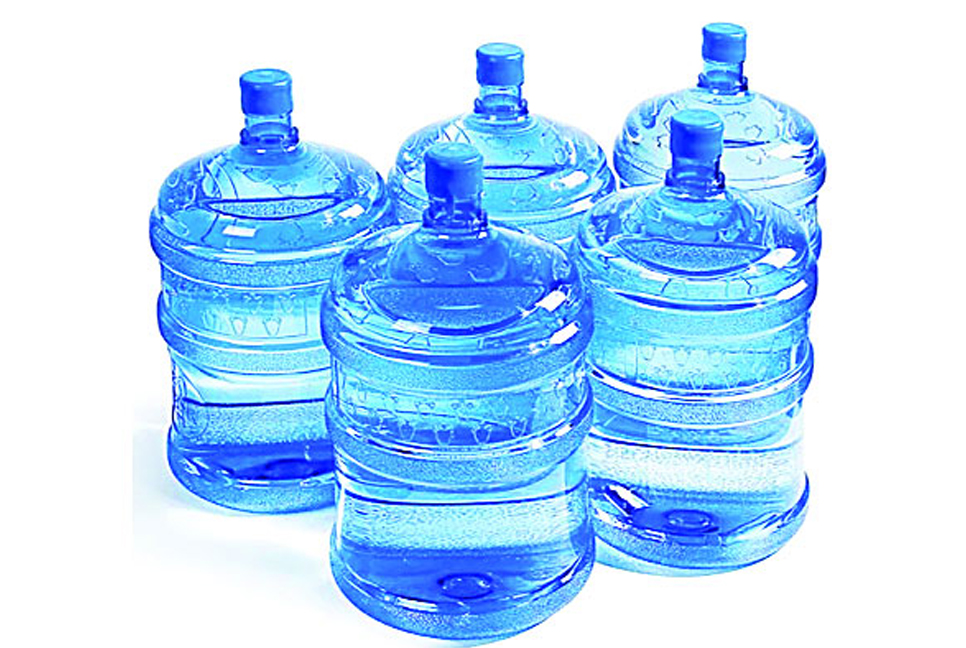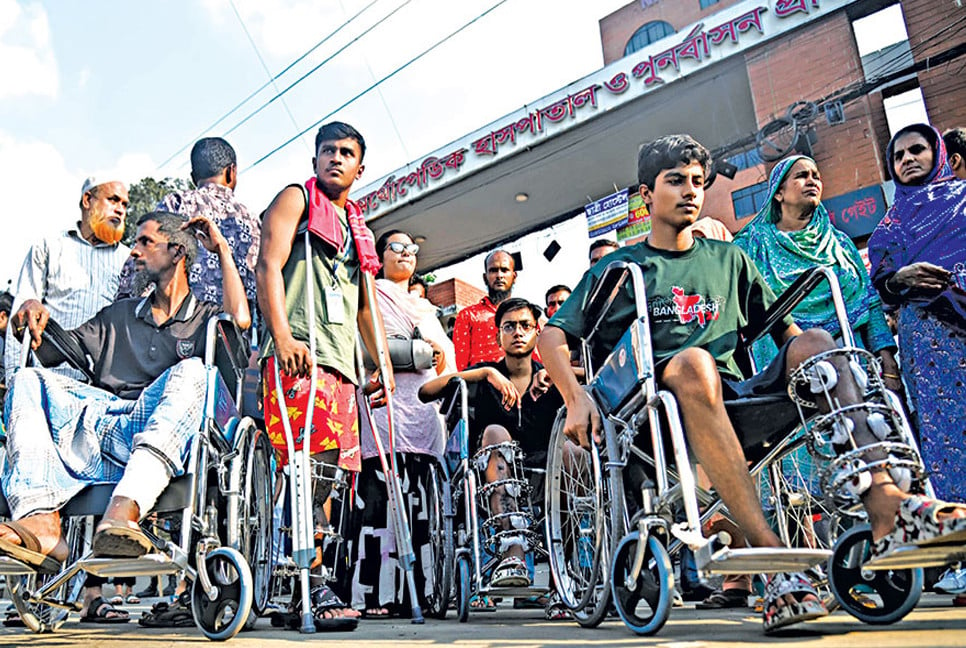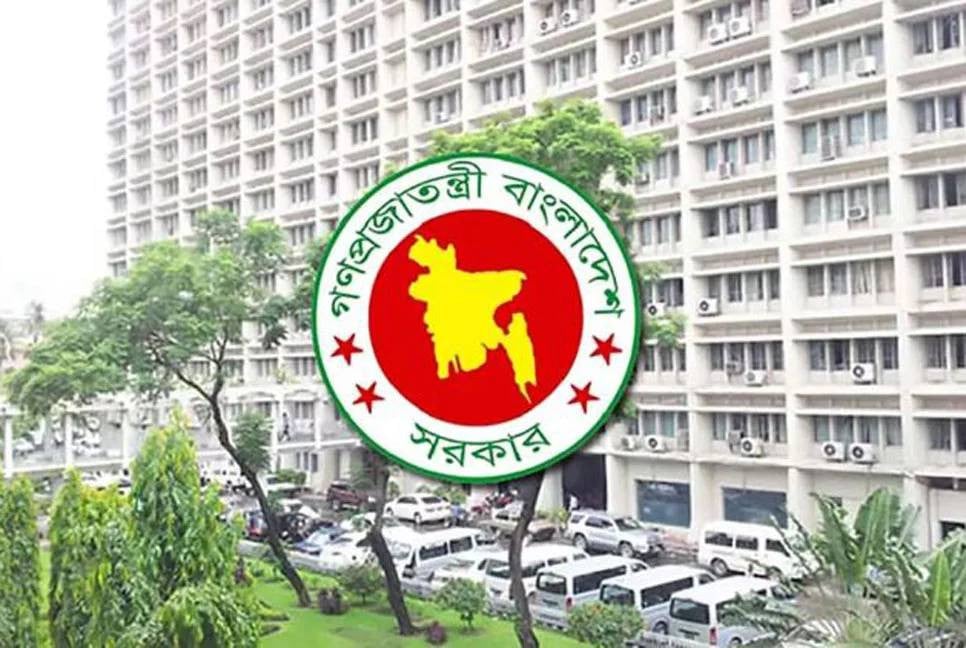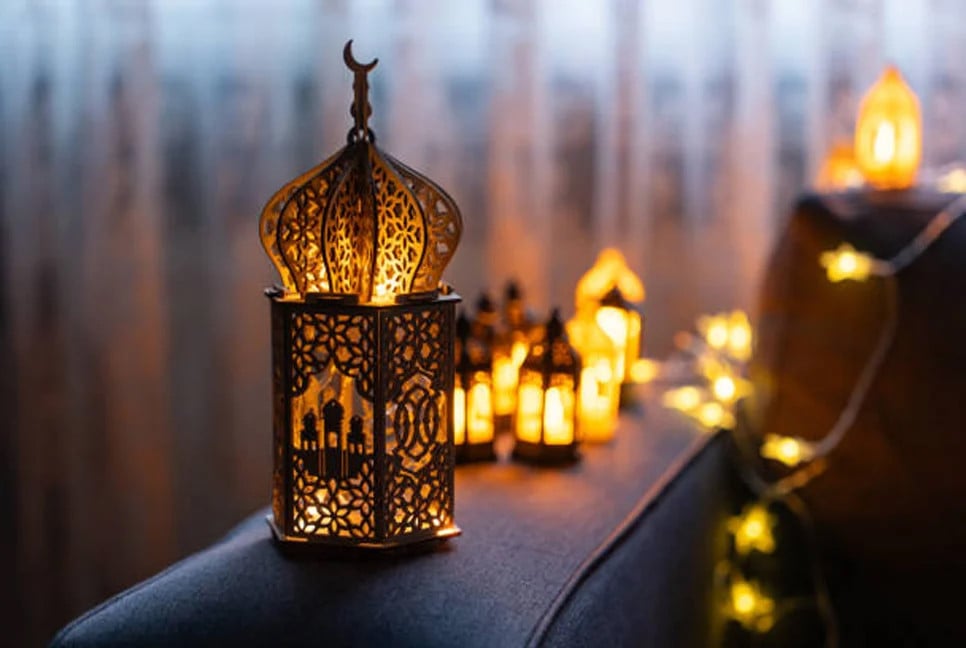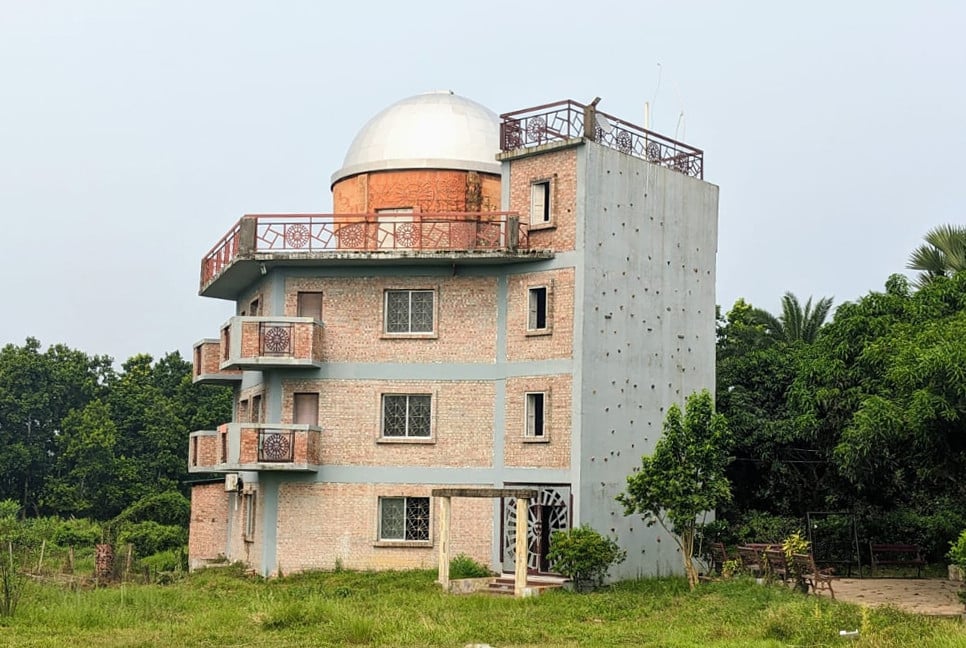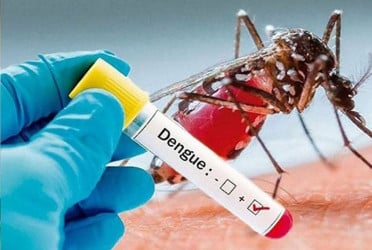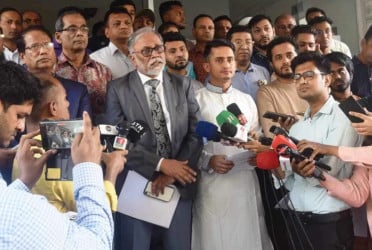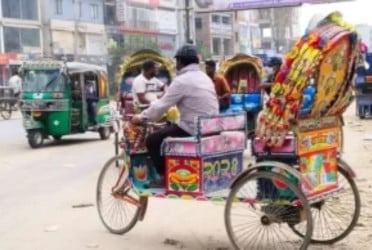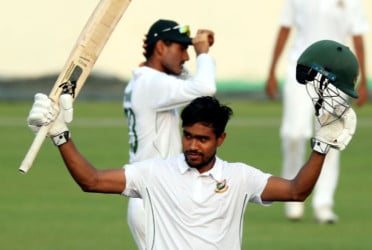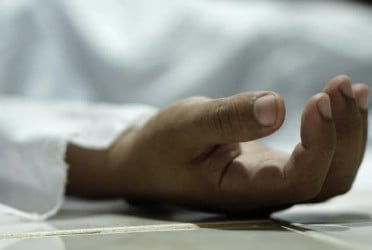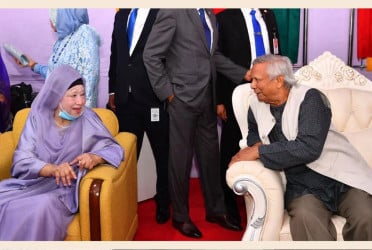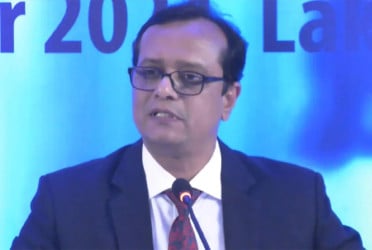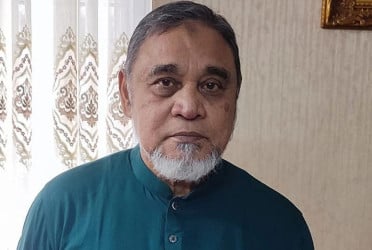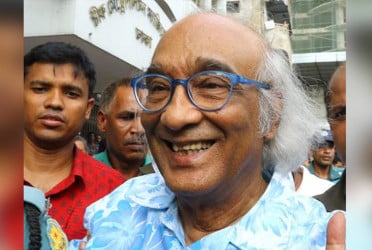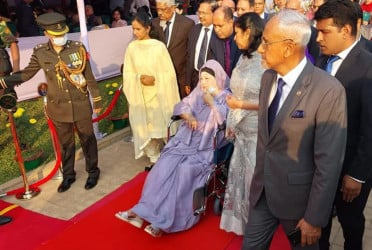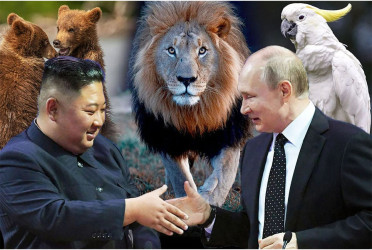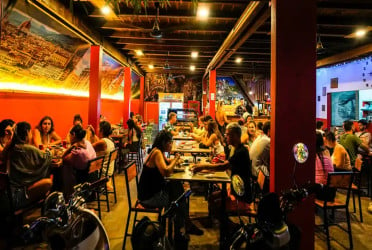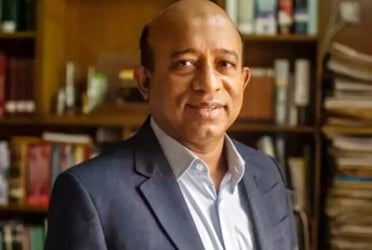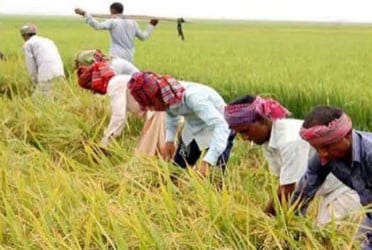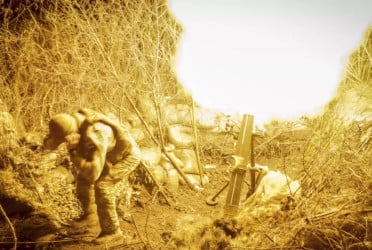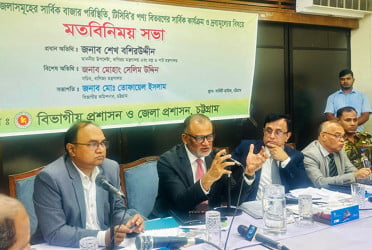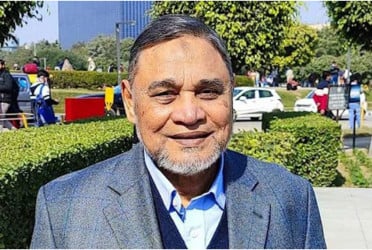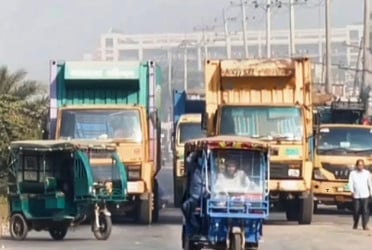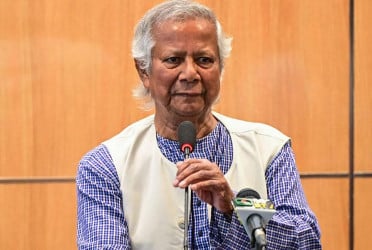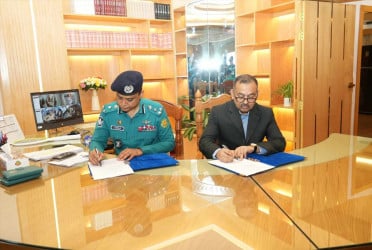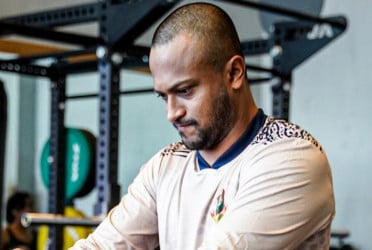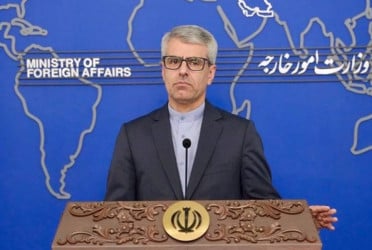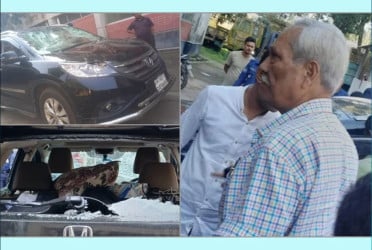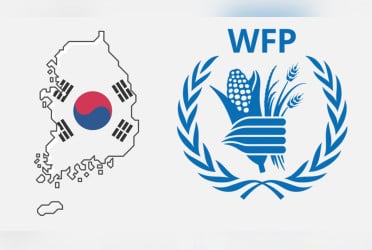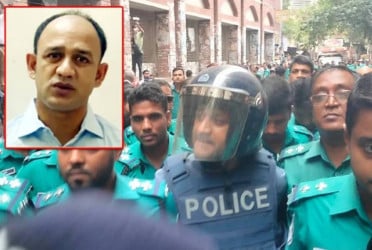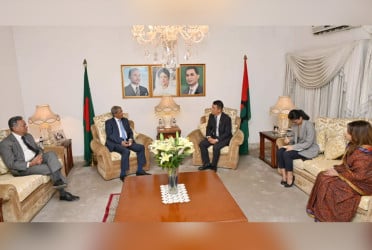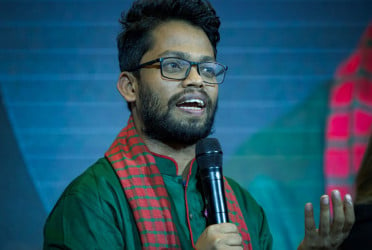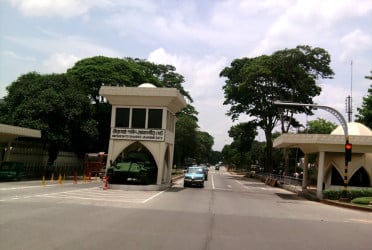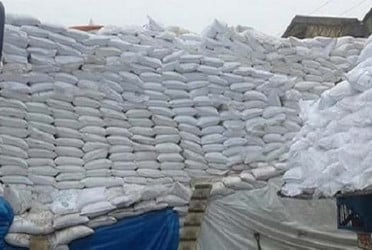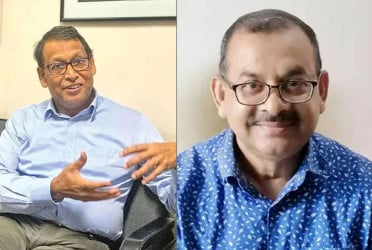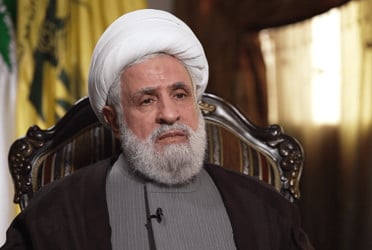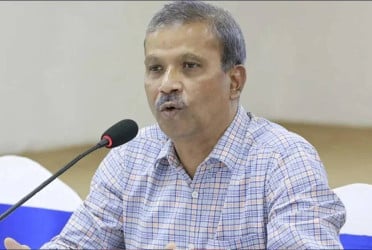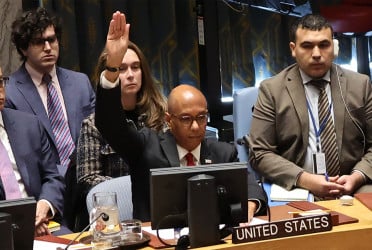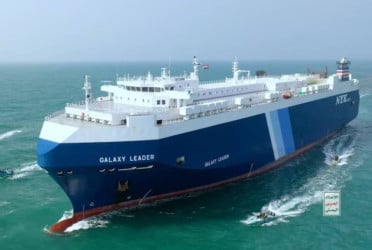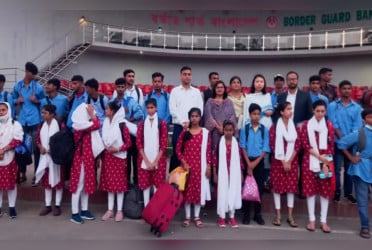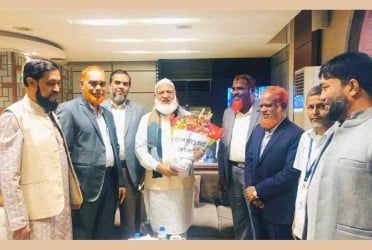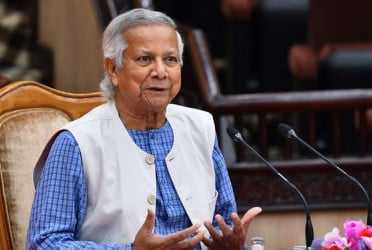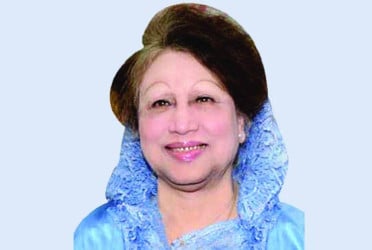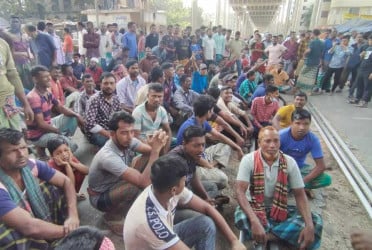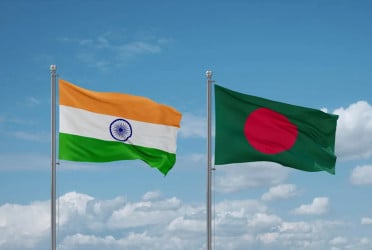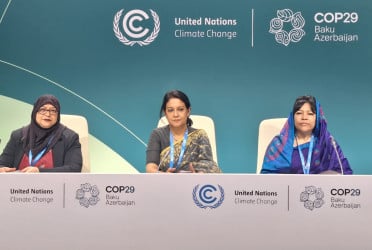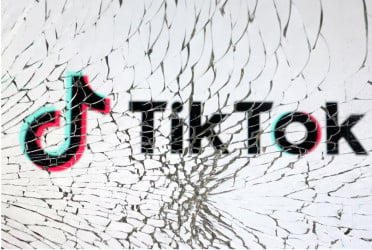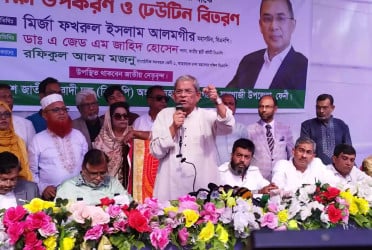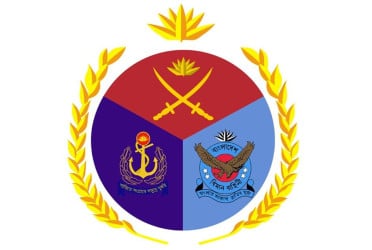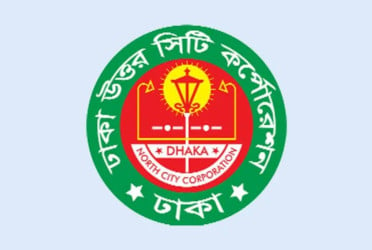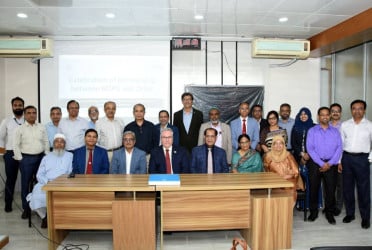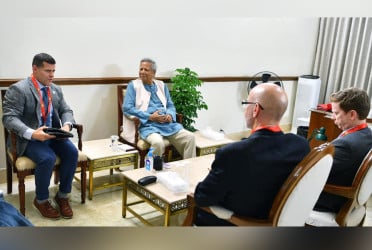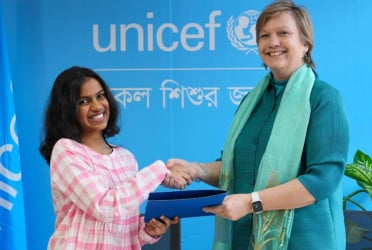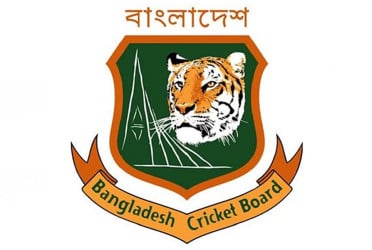In the name of pure drinking water, tap water is being freely sold in jars everywhere in Dhaka. Some dodgy traders are running this tainted water business across the capital city.
There are hundreds of such establishments that use Bangladesh Standards and Testing Institution (BSTI) stickers on jars without its approval.
Roaming capital’s Moghbazar, Banglamotor, Banasree, Khilgaon, and Vatara, this correspondent came up with this information.
A study of the Bangladesh Agricultural Research Council (BARC) found that 97 percent of the jar water in Dhaka contains harmful level of human and animal feces bacteria.
When the information came to light, BSTI launched several operations, but the unapproved business is still out of control.
Labeling such activities as punishable offense, Director General (DG) of BSTI SM Ferdous Alam said, “Water purification has 40 to 41 parameters. Only if these parameters are met, water can be supplied for drinking, otherwise not.”
“If the level of lead, cadmium, arsenic in water is higher than the standard level, the water is highly harmful for human body.”
“Some unscrupulous businessmen are indulging in malpractices of manufacturing and selling drinking water/ natural mineral water products without BSTI approval. Previously, BSTI has taken actions to stop it, and it will continue in future,” he added while assuring a prompt action to the problem.
Most of the public and privet institutions of capital use water jars. Particularly, almost every tea stalls in the city sells jar filtered water for one taka per glass.
“We buy each jar for 30 to 40 taka,” a Chaiwala said adding that they are not sure if the water is safe or not.
In some area, this correspondent saw that the traders running their tainted water business without any visible barriers. Most of the city dwellers are skeptical about the jar water, yet the water is being sold in almost each hotel and tea stalls. However, people who buys these jars for home, boils water before drinking.
Even the consumers too are unsure about the water’s purity.
In many spot, this correspondent witnessed that the jars are being filled with tap water or deep tube-well water. In Madhubagh of Moghbazar, workers were cleaning the jars with detergent in a dampish environment.
Wishing to be unnamed, a worker said, “We sell the water that treated with ‘ultra-violet filters’ for 25 taka while the water that purified by ‘reverse osmosis’ sell for 70 taka.”
But the real scenario is fully different. They fill the water jars with the WASA water or tube-well water.
(The report was published on print and online versions of The Bangladesh Pratidin on October 7 and rewritten in English by Afsar Munna)

